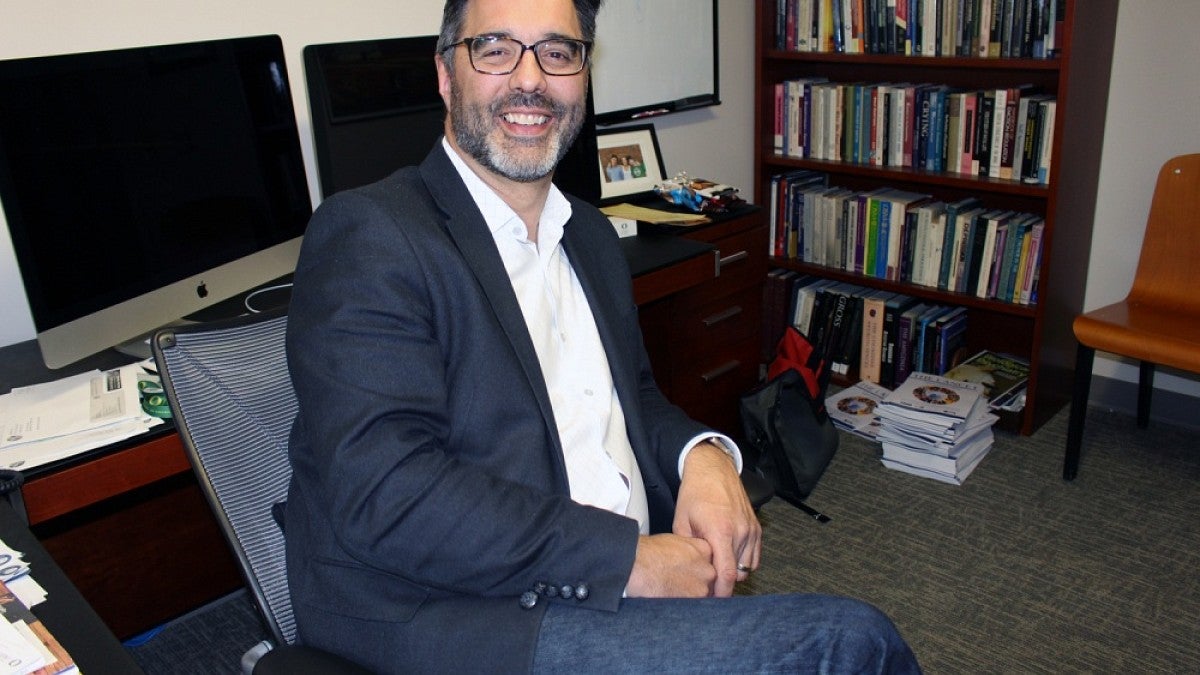A sweeping analysis on the health and well-being of young people around the world published by The Lancet, a leading international medical journal, carried the voice of one psychologist — the UO's Nick Allen.
The report — published in May and funded by the Bill and Melinda Gates Foundation — calls for a worldwide investment in strategies targeting adolescents to help them face a long list of existing and emerging challenges. Thirty experts from 14 nations were co-authors in the report.
RELATED LINKS
"Public investments in adolescents will result in significant payoffs for the adolescents themselves, the communities in which they live and the next generation of children," said Allen, the Ann Swindells Professor of Clinical Psychology in the Department of Psychology. "We need to set international goals for legal, educational and health systems that affect adolescents, as there is huge variability between countries."
Nations with the largest population of adolescents have the most work to do, said Allen, who studies adolescent development and mental health. "For example, the opportunity to participate in secondary education could be transformative for adolescents in many societies, especially adolescent girls. Integrating health and social education programs into school curricula is also an important opportunity to promote wellness."
Also critical, he added, are prevention and intervention programs addressing mental health and substance-use problems and promoting sexual and reproductive health.
Allen was invited to take part in the effort by George Patton of the University of Melbourne in Australia, with whom Allen has worked in the past. Patton led the effort, known as the Lancet Commission, and heads an initiative announced in London on May 10.
"As the only psychologist, I was charged with bringing insights from developmental and clinical psychology to the process, especially knowledge of the latest findings on adolescent brain development, which is an issue I have studied for many years" Allen said. "This perspective was useful not only when talking about mental health and adolescent behavior, but also for a range of other areas that the report touches on, such as legal systems that govern adolescents around the world."
Moving forward, Allen will help identify time periods across the lifespan of adolescents when these programs will be most effective.
"Some of our current and planned work will use our knowledge of adolescent brain development to target interventions more effectively," he said. "We are collaborating with people in animal neuroscience, human neuroimaging and preventions science to achieve these goals."
—By Jim Barlow, University Communications


